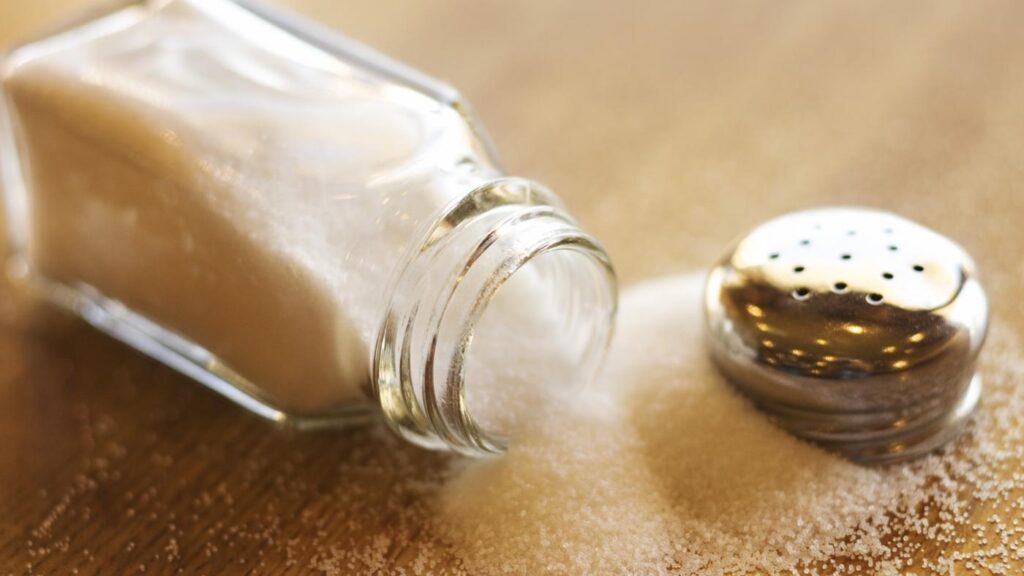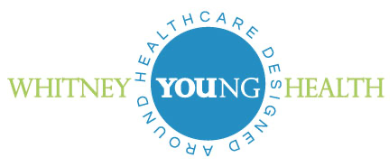
It’s the final days of National Nutrition Month and to wrap it up, Kathryn Palmer, WIC Director at Whitney Young Health is putting the spotlight how a high-sodium diet can cause negative effects in your body and what you can do to fight it.
A recent study in the American Journal of Health estimates that 1.5 million cases of high blood pressure could be eliminated and over 2 billion in health care cost could be saved annually if Americans would reduce their salt intake by 400 milligrams a day.

The FDA recommends that individuals consume no more than 2,300 milligrams of salt a day. For reference, one teaspoon of salt contains 2323 milligrams of sodium. Americans consume an average of 4,000 milligrams of sodium every day.
Salt works on you kidneys to make your body hold water. The extra stored water raises your blood pressure which puts a strain on your kidneys, arteries, heart and brain. One of the quickest ways to lower your blood pressure is to eat less salt.
Amazingly 80% of your daily salt intake is not from the salt shaker, but is hidden in the processed, canned and fast foods you eat. Only 6% of salt intake comes from salting your food, and 5 % during cooking.

All food manufactures are required to display the amount of salt in their products. Read labels and choose products that have less than 300 milligrams of sodium. Avoid processes foods such as pre-packaged lunch meats and hot dogs. Avoid canned foods (one serving Campbell’s chunky soup has 2,290 milligrams of sodium). Limit fast foods to one time a week. Take the salt shaker off your table and use herbs, spices and no salt substitutions to flavor your food.
You will feel better, you blood pressure will improve and your body will not retain water!
